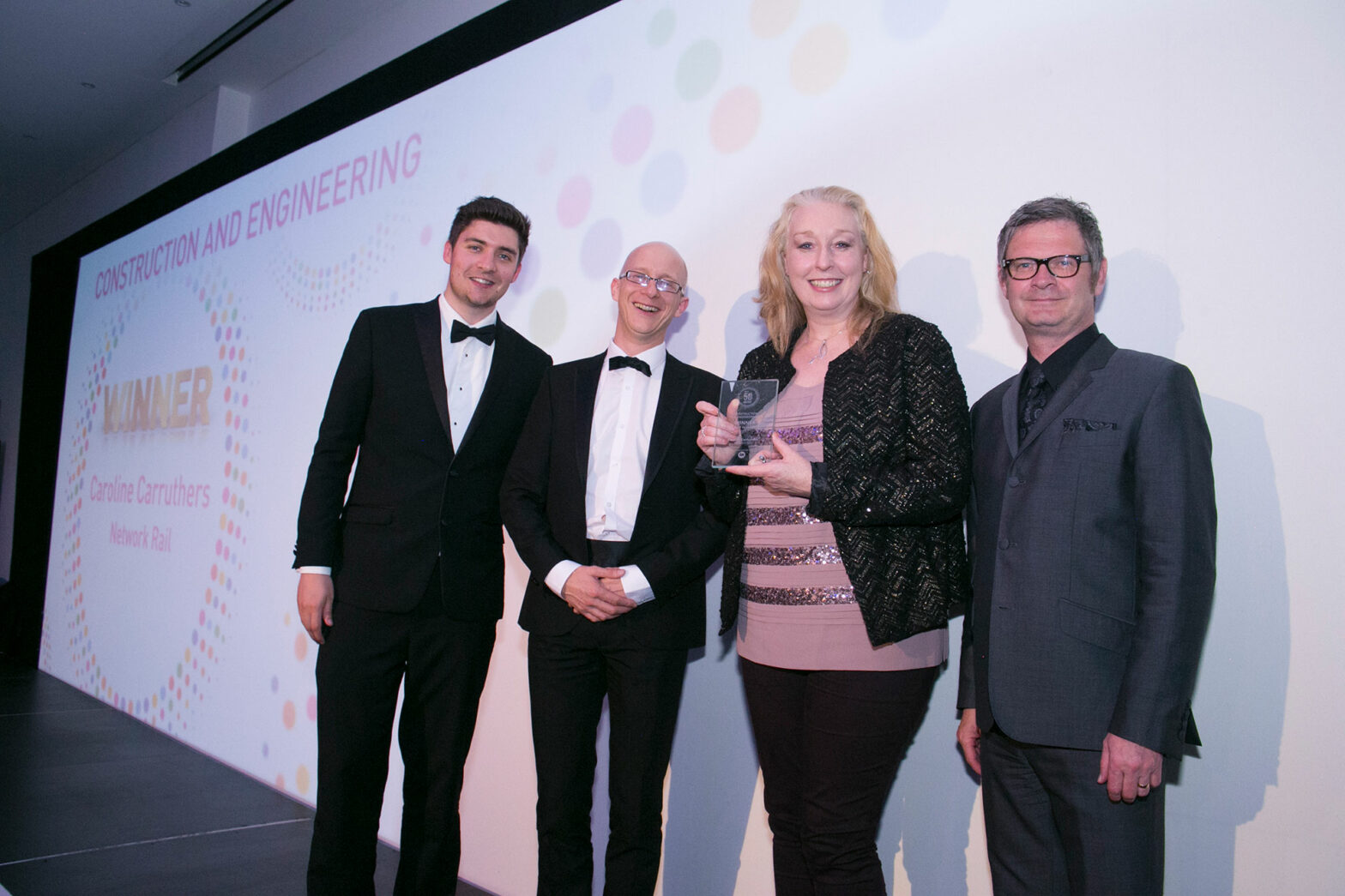Winner: Edmund Nuttall
Project: E-Pen & Paper
Business goal: To eliminate costly and burdensome paper-based reporting on highway maintenance work
Project partner: Destiny Wireless
When Edmund Nuttall, a £567 million civil engineering company with activities spanning road, rail and waterways in the UK, landed the maintenance contract with Cheshire Highways, it knew there were huge efficiency opportunities it could create. The task of manually recording the maintenance work on the 4,800km of roads, 80,000 streetlights and 155,000 gullies was enormously time consuming with the activity generating over 400 faxes a day.
That did not sit well with Edmund Nuttall’s goal of achieving a paperless office, says Rob Youster, the company’s IT operations manager. “We might never get there totally, but when we were looking at this contract, the opportunities were obvious,” he says.
Youster knew that the introduction of technology could eliminate that mountain of paperwork, but the right choice of technology would be paramount in gaining user acceptance. “We were dealing with true maintenance crew guys,” says Youster – any change of working practices is hard-won and if new technology is seen as too radically new, it won’t gain acceptance.
The solution was to introduce a digital data capture pen system, which connects to the company's back-office systems via mobile phone. Maintenance crew were first given new forms, covered in a matrix of tiny dots. Once they had become accustomed to using the forms, the digital pens were introduced – the pens can determine what is written on the form by analysing the matrix. After another period of bedding down, the crew were then given pre-configured Bluetooth-enabled mobile phones, which could access the data from the pens and relay it back to the office. The mobile phone camera can also be used to attach photographs to reports, verifying the status of the work.
As the Effective IT Awards’ judges noted, the ability to provide accurate, on-site reports has produced “great results”. The number of client inspections required has been reduced by 50%; electronic reports have cut data entry times by six hours a day; and maintenance crews have saved seven hours per week in job-sheets filing. In financial terms, Edmund Nuttall reckons to have saved nearly £40,000 a year.
“We’re now looking at other areas of the business that could use this technology, such as insurance and health and safety,” says Youster. The company’s senior management “can really see the potential for reducing the paper flow while viewing information in real time”.
Highly Commended
Hertel UK
Maintenance support group Hertel UK used an ERP system from IFS as the catalyst to accelerate business growth. Its CRM module has enabled the company to streamline sales operations so successfully it is to be introduced at other units internationally. Also, the integration of digital pen technology has dramatically improved its information accuracy.
Pettifer Group
Pettifer Group’s health and safety consultancy Knowledge Online developed a PDA-based system, E-Safe 100, which has transformed health and safety inspections. E-Safe enables inspectors to collate information, identify required action and even attach photographs to illustrate findings. The system is used to generate reports for electronic distribution, improving accuracy and efficiency; it has helped one client reduce accident rates by 40%.







